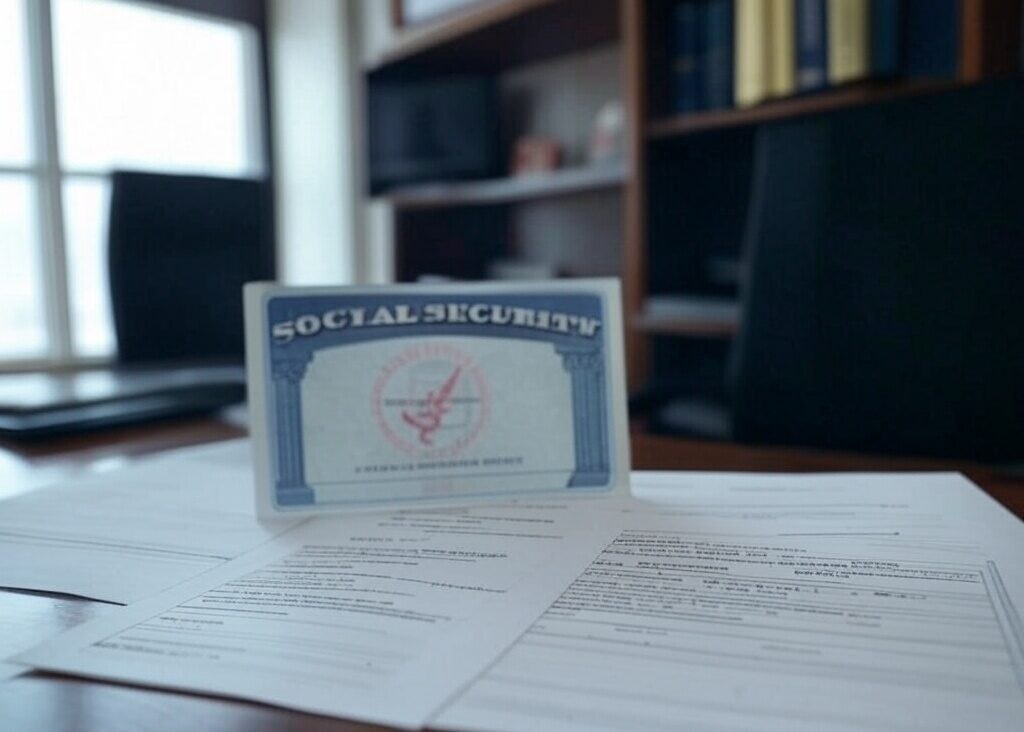Social Security Alerts, News & Updates
IRS Can Tap Social Security Disability Checks, Experts Warn

IRS Can Tap Social Security Disability Checks, Experts Warn
Social Security Disability Insurance (SSDI) recipients face a significant financial concern: the Internal Revenue Service’s ability to garnish their benefits. For individuals managing on limited Social Security disability income, this represents a serious threat to financial stability and quality of life. Understanding how to protect your Social Security benefits from tax debt collection is essential for vulnerable beneficiaries.
The federal government, unlike private creditors, possesses legal authority to collect tax debts directly from disability payments. This creates a precarious situation for Social Security beneficiaries already struggling with medical expenses and basic living costs.
The Legal Framework for Social Security Disability Benefit Garnishment
Under the Federal Payment Levy Program (FPLP), the IRS is authorized to garnish up to 15% of monthly Social Security disability payments. This means a recipient receiving $1,500 monthly could lose $225 to tax debt collection, reducing their available funds to $1,275.
This reduction can severely impact individuals operating on tight financial margins. However, certain protections exist within the system:
Existing Protections
- Financial hardship provisions may exempt those below specific income thresholds
- Active payment plans with the IRS typically prevent garnishment actions
- Supplemental Security Income (SSI) recipients generally face less risk due to their lower benefit amounts
Protective Measures for Social Security Disability Recipients
Addressing potential garnishment of Social Security benefits requires prompt, deliberate action:
1. Debt Verification
Request an official account transcript from the IRS to confirm the accuracy of any claimed tax debt. Verification ensures you’re not facing collection for erroneous assessments.
2. Relief Program Applications
- Request “Currently Not Collectible” status when facing severe financial hardship
- Establish an installment agreement to make manageable payments over time
- Investigate Offer in Compromise options to potentially settle for less than the full amount owed
3. Professional Consultation
Tax resolution specialists possess expertise in IRS negotiations regarding Social Security garnishment. While their services involve costs, professional representation often yields favorable outcomes that justify the investment.
Critical Considerations
The partial garnishment of Social Security disability benefits presents serious challenges, but complete benefit loss is not permitted. These payments are designed to provide essential support for disabled individuals.
Ignoring IRS communications will invariably worsen your situation. Proactive engagement with tax authorities remains the most effective approach to protecting your financial resources and Social Security benefits.
Understanding your legal rights and available resolution options provides the foundation for addressing tax debt while preserving critical disability benefits. Taking informed action represents your best defense against financial disruption to your Social Security income.